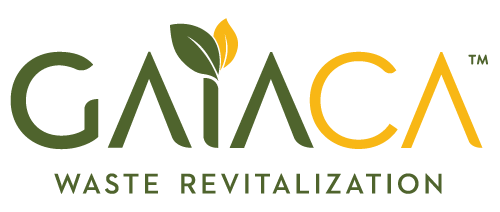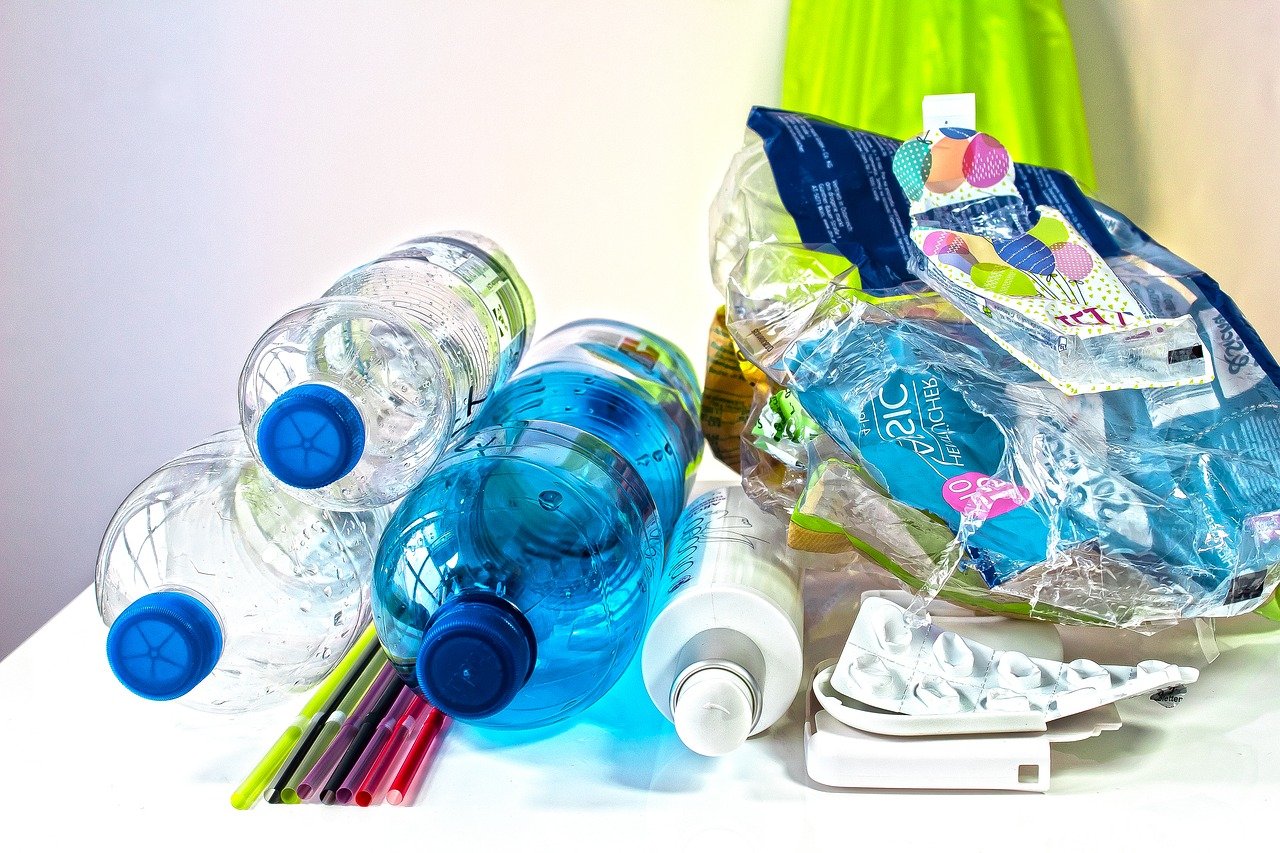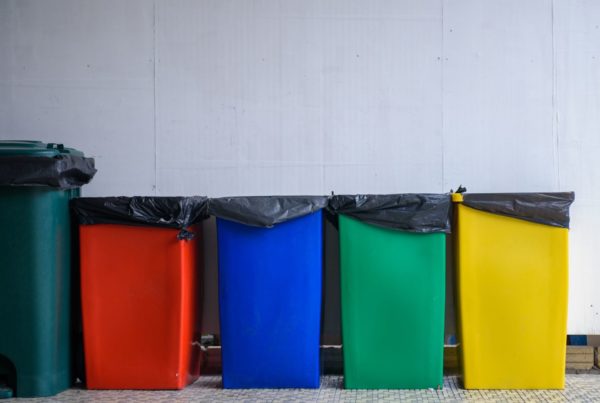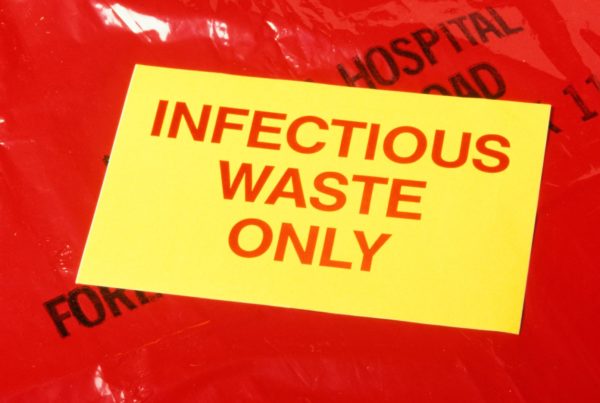Communities in the U.S. and across the world are implementing zero waste initiative programs with the goal of reducing all of their waste. This noble effort becomes all the more critical when you consider the record amounts of waste being generated every year. In 2018 alone, more than 292 million tons of municipal solid waste were generated in the U.S. Landfills are running out of space, and the environmental impact is significant.
What Is the Zero Waste Initiative?
In 2015, the United States Conference of Mayors laid out a comprehensive plan for a zero-waste future. The plan resolves, among other things:
- To consider waste-reduction possibilities that account for the entire lifecycle of the product, beginning with the product design and packaging.
- To create economic incentives for industries to use finite resources responsibly.
- To develop a unified definition of zero waste in which governments and businesses share the financial and legislative burden of encouraging continuous waste reduction.
The initiative defines a number of objectives for reducing waste, including recycling, reusing, composting, waste-based energy, and earth-friendly packaging. Because different communities are in charge of implementing their own zero waste initiatives, the goals and objectives may look different from one place to the next.
Examples of Initiatives
To understand how zero waste initiatives work, it helps to see how actual communities nationwide are developing them.
Austin: The city of Austin, Texas, has established a goal to divert 90% of waste from landfills by 2040. The city hopes to achieve this goal by carefully managing the flow of resources and waste within the city. Austin is providing subsidies to green enterprises, encouraging the distribution of products that can be recycled or composted, and tasking manufacturers with the responsibility of recovering used products, among other measures.
Los Angeles: L.A.’s goal is decidedly more ambitious than that of Austin. The city hopes to achieve zero waste by 2025. This is being achieved through three focus areas: product creation, product use, and product disposal. Like other communities, Los Angeles is incentivizing the manufacture and use of sustainable and recyclable packaging and emphasizing the importance of resource recovery.
New York City: New York City strives to achieve zero waste by 2030. The Department of Sanitation has partnered with several nonprofits to encourage recycling and reuse initiatives, and the city is home to the nation’s largest composting program, accessible to over 3.5 million residents.
How GAIACA Is Supporting the Zero Waste Initiative
As the nation’s premier cannabis waste management provider, GAIACA has served as a tireless partner to communities looking to support their own zero waste initiatives. We offer a number of innovative recycling options to cannabis waste generators, including composting, fuel blending, and waste-to-energy opportunities.
Generators who take advantage of these green disposal methods may be eligible for tax credits, rebates, and exemptions. In addition, recycling has practical benefits for cannabis businesses looking to remain in compliance with the complicated disposal laws. When you send cannabis waste to a landfill, you are forever responsible for that stream of waste. But if you recycle, the chain of custody ends. You no longer have to worry about it.
But our zero-waste efforts go far beyond disposal. Since 2018, our Vape Pen Recycling Program has allowed us to reclaim and recycle over 3 million vape pens throughout California, Arizona, Nevada, New York, Michigan, and Florida.
We place lockable collection receptacles within participating businesses to collect used, expired, defective, or otherwise discarded vape pens. Those pens are then crushed and fed through a High Temperature Metal Reclamation (HTMR) system for recycling. It’s estimated that over 60 million vape pens end up in landfills every year, and we’re doing our part to help reverse this trend.
How to Support Zero Waste
There are numerous ways to support your community’s zero waste initiative. If you’re a waste generator, consider offering a reclamation or recycling program for your products. Use compostable or recyclable packaging, and avoid plastics as much as possible. Make sure also to employ the services of a waste management provider that supports your zero-waste efforts.
If you’re just a consumer looking to be a part of the solution, there are simple things you can do as well. For instance:
- Shop secondhand
- Avoid disposable items when possible (paper plates, plastic water bottles, etc.)
- Use LED light bulbs
- Purchase food with minimal packaging
- Bring reusable bags to the store
- Always recycle when possible
We’re all in this together, so let’s do our part to support a more sustainable future.






